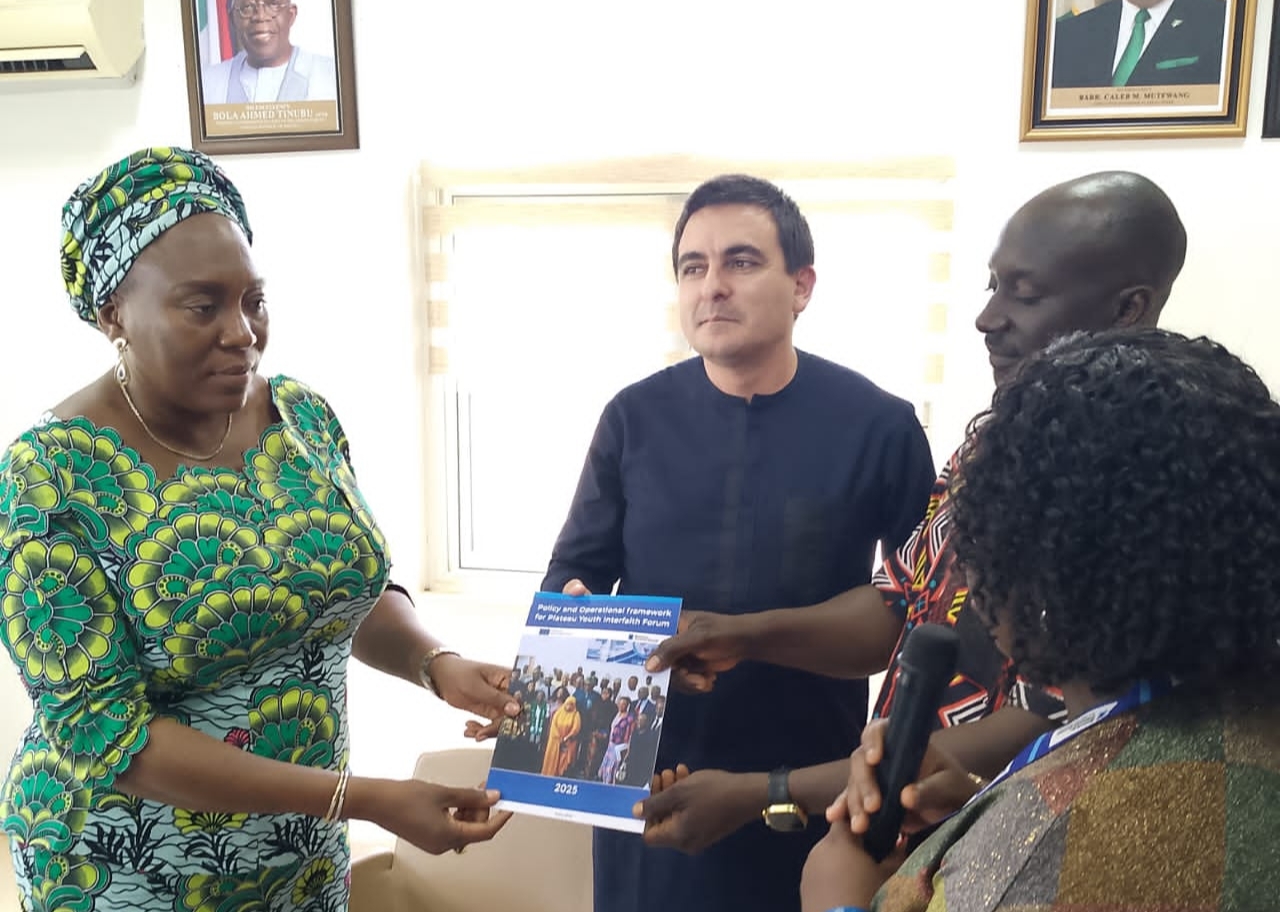By Lucy Ukwenya
A Consultant Dermatologist, Dr Utane Adama of Federal Medical Center, Makurdi, Benue State has admonished residents to use sunscreen, avoid strenuous physical activities, taking lots of water to keep hydrated as the heat waves continues to intensify
Dr Adama stated this during an interview with our reporter on the adverse effects of the heatwave currently faced in the federation including Benue State.
Dr Adama stressed that having direct contact with the rays of the sun can cause several conditions such as sunburn, solar keratosis (dry and scaly patches of skin damaged by the sun)
She added that heat can also exacerbate the skin like folliculitis and malaria profundus.”If you experience any symptoms, it’s essential to report to a dermatologist for proper diagnosis and treatment” she said.
Speaking with a gynecologist and orthopedian, Dr. Micheal Obulu, of Queen’s Care Hospital, Otukpo, he notes that prolonged exposure to heat can affect the body’s metabolic processes, leading to fatigue, and decreased cognitive function. Dr Obulu also said, the heat can cause damage to the body’s cells and tissues, particularly in vulnerable populations such as the elderly, young children, and people with pre-existing medical conditions.
“Heat stress can lead to a range of heat-related illnesses, including heat exhaustion, heatstroke, and dehydration. It can also lead to long-term damage to the kidneys, liver, and other diseases”, he said.
“Dehydration occurs when the body loses more fluids than it takes in, causing an imbalance in the body’s water and electrolyte levels. This can happen for various reasons, including inadequate fluid intake, excessive sweating, diarrhea, vomiting, and certain medical conditions”.
“When dehydration sets in, the body’s cells, tissues, and organs begin to suffer, leading to a range of symptoms. Mild dehydration can cause thirst, fatigue, headaches, dry skin, and yellow urine, while moderate dehydration can lead to rapid heartbeat, low blood pressure, dizziness, confusion, and slurred speech.
Dr. Adama and Dr Obulu advised individuals to protect themselves from the harsh effects of the heatwave by staying hydrated (drinking a lot of water) as this helps to replace lost salts and minerals, reducing the risk of dehydration and heat-related illnesses.
They enjoined, persons in hot environment to stay indoors if possible, during the hottest part of the day, typically between 11am and 3pm or stay in an air-conditioned space or use fans to circulate air, stay in ventilated houses, wear lightweight clothes, sunhats, umbrellas, sunshades to help reduce exposure to direct sunlight.
Residents continue to groan over the heat. A 16-year-old Solomon Awuhe, who is a student of City College, Makurdi said that it has been very difficult navigating this period, as he has to trek to school under the scorching sun, which has resulted to him having heat rashes all over his body.
Speaking with Mr. Vitalis Igbe, a farmer who farms at the riverbank, he stressed that he can no longer spend long hours on the farm and the crops are withering. “I used to stay for at least 10 hours but these days I stay not longer than 5 hours because of the unbearable sun and heat. My crops are not left out”. He lamented that the reduced water levels in the River Benue have made his crops to wither resulting to him watering the pumpkin (ugu) leaves he planted.
Mars Doose Terdoo, a civil servant with the Local Government Education Authority (LGEA), Makurdi lamented that she spends long hours at her desk, attending meetings, and engaging with the public, saying the heat wave has taken a significant toll on her body.
“The heat has exacerbated my existing health conditions. I’ve noticed that my blood pressure has been higher than usual. This has forced me to be more mindful of my health and take extra precautions to manage my conditions. I’ve had to adjust my medication schedule, avoid strenuous activities, and stay indoors during the hottest part of the day.”
Mrs. Doose called on the government to take proactive measures to mitigate the effects of the heat wave on civil servants like herself. She suggested that government could provide access to cool spaces, offering flexible work arrangements, and ensuring that they have the necessary resources to stay safe and healthy while performing their duties







